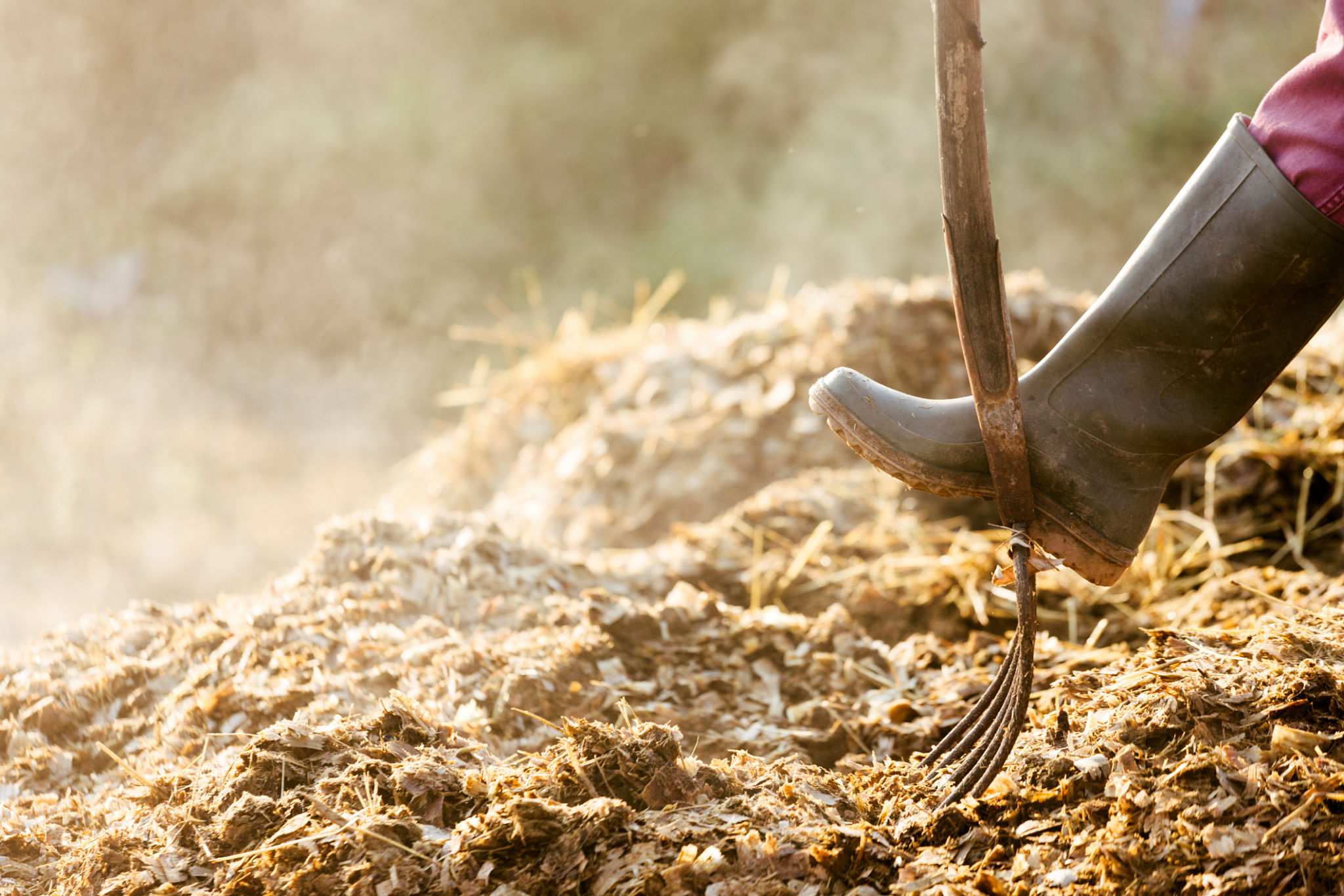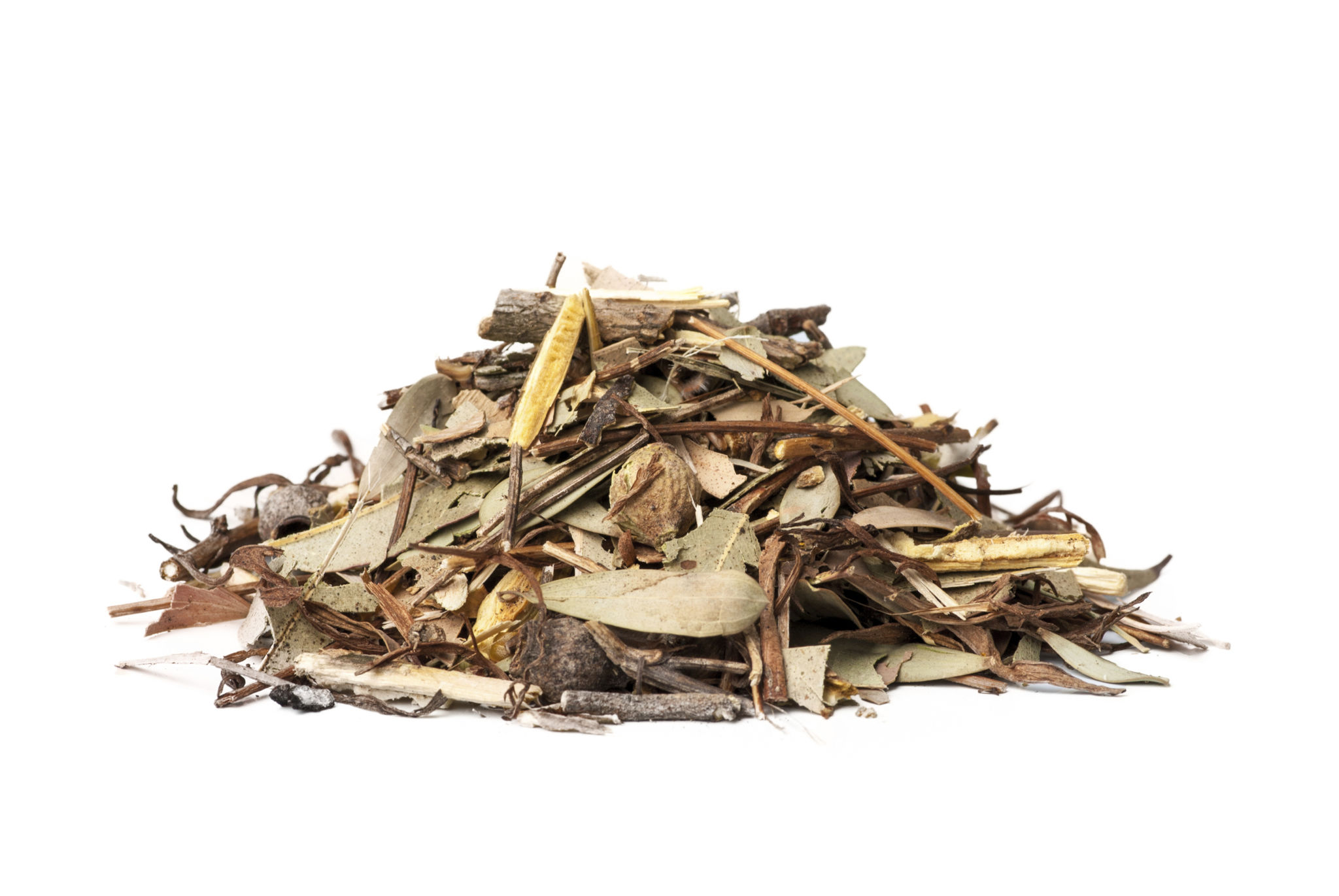Debunking Myths About Equine Waste Disposal
Understanding Equine Waste Disposal
Equine waste disposal is a topic that often comes with a fair share of misconceptions. Whether you're a seasoned horse owner or new to the world of equestrian care, it's crucial to separate fact from fiction. Proper waste management not only benefits your horses and property but also plays a significant role in environmental conservation.

Myth 1: Equine Waste Is Harmless
One common myth is that horse manure is completely harmless. While it's true that horse waste is organic and can be beneficial, it can also pose environmental challenges if not managed correctly. Excessive accumulation can lead to nutrient runoff, contaminating local water sources and contributing to issues such as algal blooms.
Proper composting and disposal are essential to minimize these risks. By managing waste effectively, you can transform it into a valuable resource for soil enrichment, benefiting both your pasture and garden.
Myth 2: All Manure Can Be Composted Easily
Not all equine waste is suitable for simple composting. Factors such as bedding type, moisture content, and storage conditions can impact the composting process. Some materials, like wood shavings, take longer to break down, requiring careful management to ensure effective decomposition.

For successful composting, maintain a balanced carbon-to-nitrogen ratio and ensure adequate aeration and moisture. Regular turning of the compost pile helps speed up the decomposition process, resulting in nutrient-rich compost for use in gardening or landscaping.
Myth 3: Equine Waste Disposal Is Too Complicated
While managing horse manure might seem daunting, it doesn't have to be overly complicated. With the right approach and tools, you can develop an efficient system tailored to your specific needs. Start by assessing the volume of waste generated and the space available for storage and composting.
- Use designated manure storage areas to keep waste contained and organized.
- Implement a regular removal schedule to prevent excessive buildup.
- Consider professional services for larger operations or when additional support is needed.

Myth 4: Equine Waste Has No Economic Value
Many people overlook the potential economic benefits of properly managed equine waste. When transformed into compost, it can serve as a valuable product for sale to gardeners, landscapers, or local farms. Additionally, reducing waste through recycling and reuse can lower disposal costs and contribute to sustainability efforts.
Some horse owners have even turned waste management into a small business venture, providing high-quality compost to community members seeking eco-friendly soil amendments.
Conclusion: Rethinking Equine Waste Disposal
Debunking these myths allows us to approach equine waste disposal with an informed perspective. By implementing sound management practices, we not only protect our environment but also harness the potential of equine waste as a valuable resource. Embracing sustainable waste solutions benefits everyone involved, from horse owners to the broader community and natural ecosystems.
